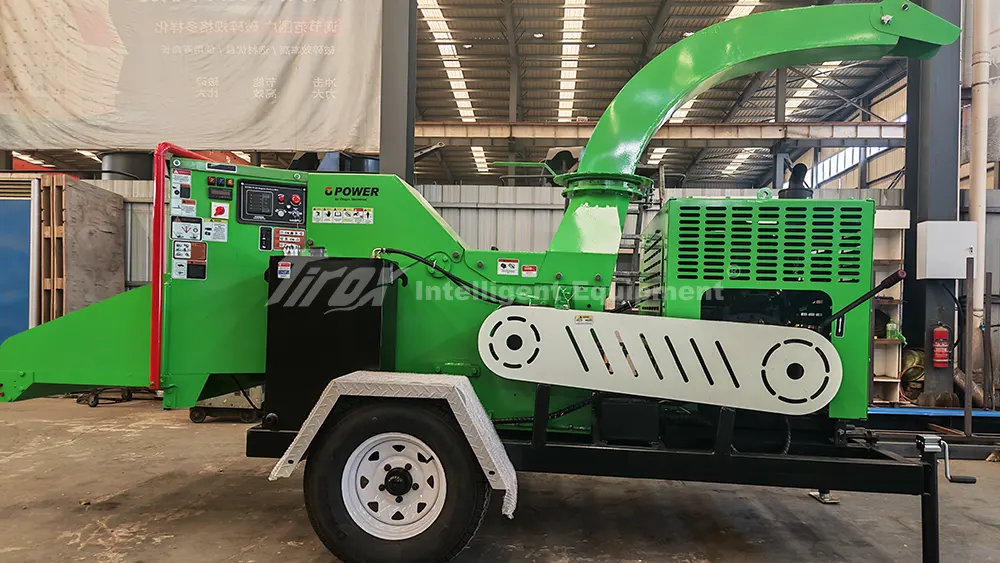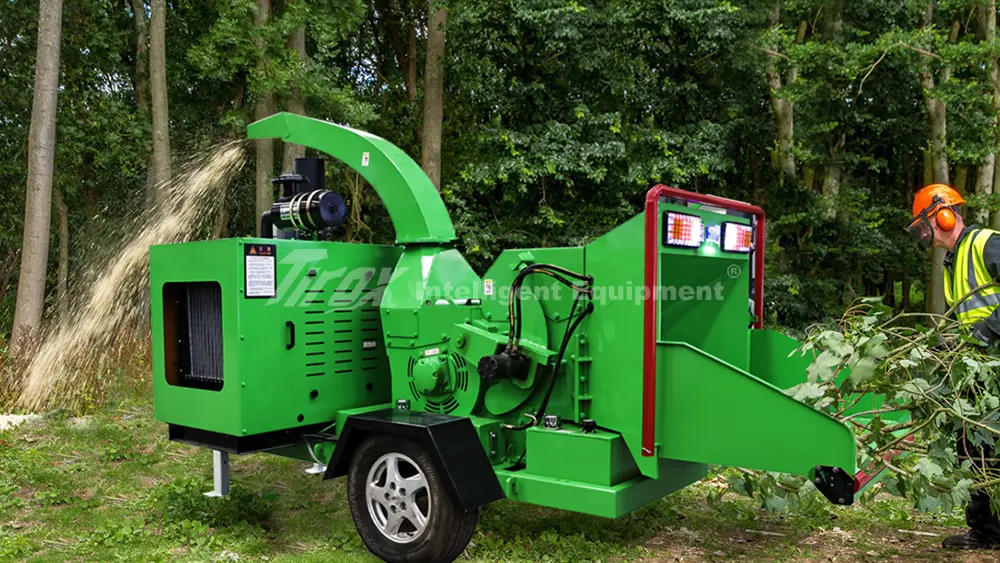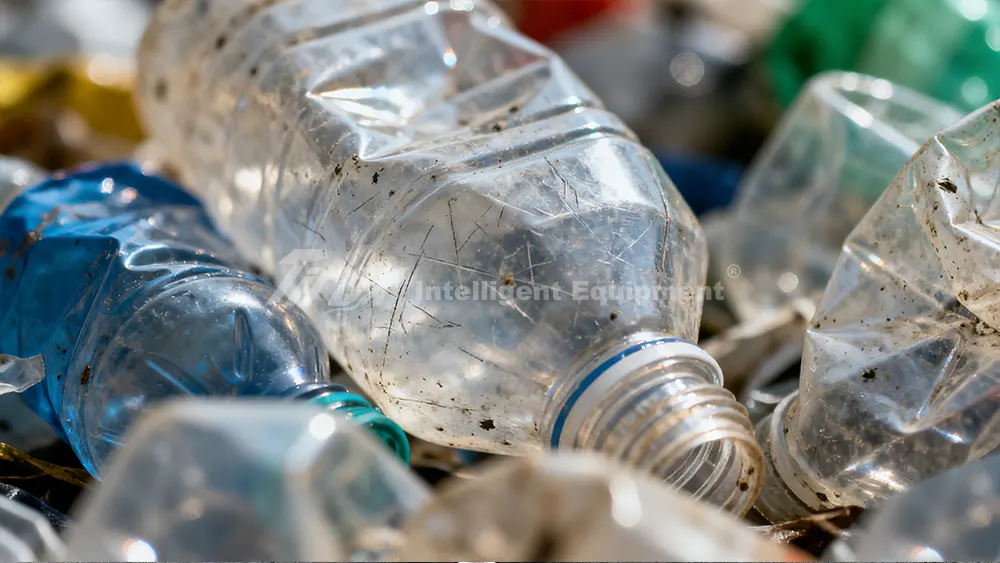Wood chippers are powerful machines designed for specific uses, but can they handle plastic? Many industrial users wonder about this, but the risks far outweigh the benefits.
No, wood chippers should not be used to shred plastic. These machines are engineered for organic materials like wood and branches, and attempting to process plastic can lead to machinery damage, safety hazards, and inefficiencies.
Understanding the capabilities and limitations of your equipment is critical for safety and operational efficiency. Let’s explore why wood chippers are unsuitable for shredding plastic and the alternatives available for proper material handling.
Can a Wood Chipper Shred Plastic?
Attempting to shred plastic in a wood chipper can lead to serious mechanical and safety issues. These machines are engineered to process organic materials, not synthetic ones.
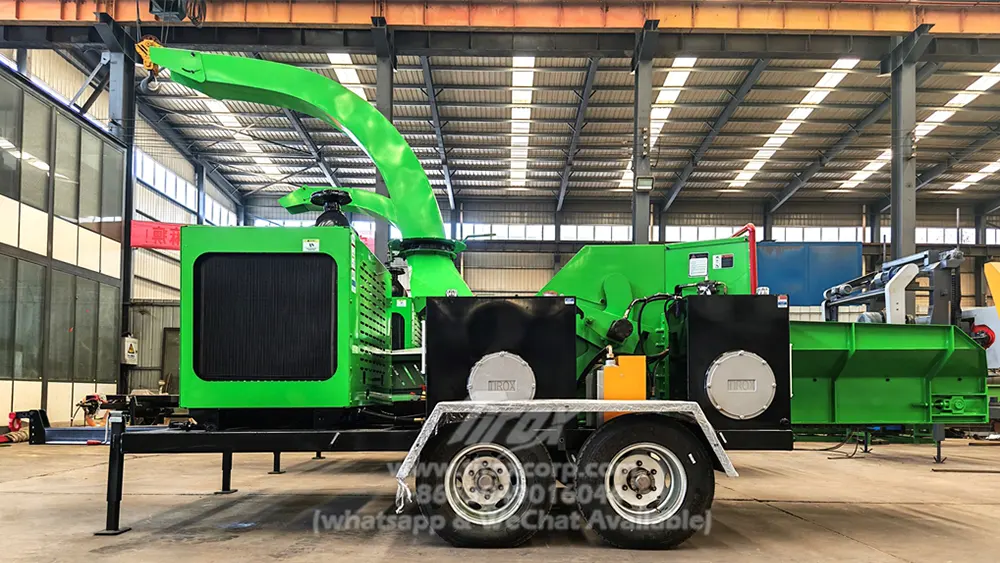
When plastic is fed into a wood chipper, it can cause flying shards, clogging, and damage to internal components like blades, leading to costly repairs and downtime. Additionally, plastic lacks the fibrous structure needed for efficient chipping.
Wood chippers use sharp blades to slice through organic materials, which are fibrous and break down predictably. Plastic, however, can shatter unpredictably, creating safety risks for operators and bystanders. This misuse of the machine often results in operational inefficiencies and increased maintenance costs.
What Are the Consequences of Shredding Plastic in a Wood Chipper?
Using a wood chipper for plastic can lead to mechanical damage, operational disruptions, and safety risks. These consequences can severely impact business operations.
First, the machine can experience accelerated wear and tear, particularly on its blades and internal components. This may lead to frequent breakdowns. Second, the risk of plastic shards flying out poses significant safety concerns. Finally, clogging caused by non-organic materials can lead to extended downtime and increased maintenance costs.
As an example, one of our clients attempted to chip plastic bags alongside wood debris. The result was a complete stoppage of the machine, requiring hours of manual unclogging and blade replacement. Such incidents highlight the importance of using equipment for its intended purpose.
What Are the Alternatives for Shredding Plastic?
Industrial plastic shredders are the ideal solution for processing plastic materials. They are designed specifically for synthetic materials and offer superior safety and efficiency.
Plastic shredders are equipped with specialized blades and mechanisms to handle the unique properties of synthetic materials. This equipment minimizes safety risks and ensures consistent shredding, making it a better choice for industries handling plastic waste.
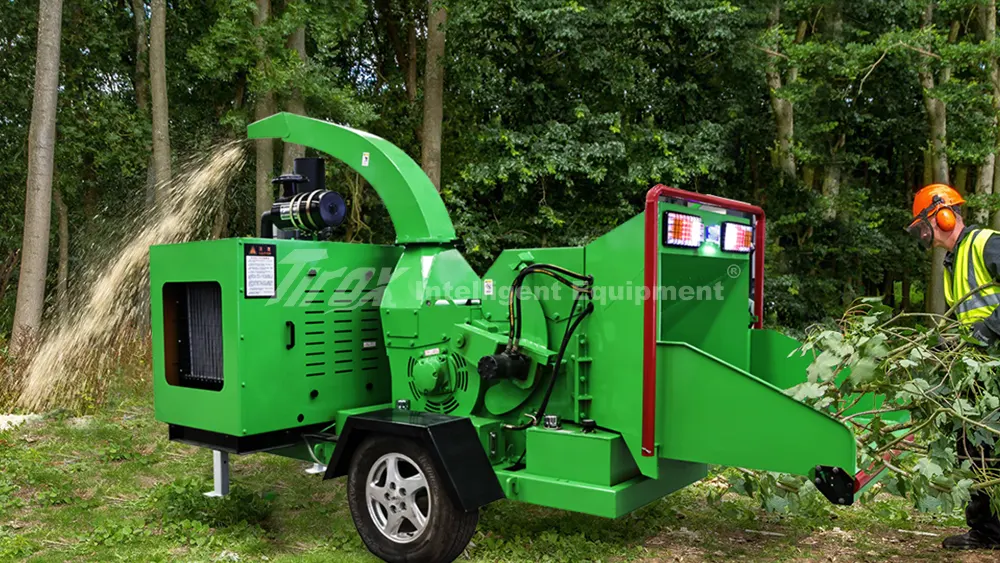
When selecting a plastic shredder, consider the type of plastic to be processed, the required output size, and the machine’s capacity. For example, heavy-duty shredders are suitable for bulk processing, while smaller units work well for localized operations. By investing in the right equipment, businesses can enhance their productivity and reduce operational risks.
Conclusion
Wood chippers are not suitable for shredding plastic due to safety and operational risks. For handling plastic, invest in specialized shredding equipment to optimize efficiency and safety.
Click here for more insights on equipment optimization, or explore Wikipedia for information on plastic shredders.
Learn more about our wood processing solutions by visiting our product page.


